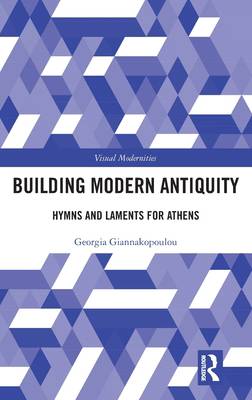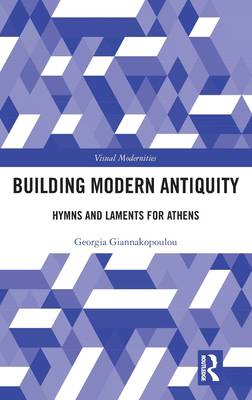
- Retrait gratuit dans votre magasin Club
- 7.000.000 titres dans notre catalogue
- Payer en toute sécurité
- Toujours un magasin près de chez vous
- Retrait gratuit dans votre magasin Club
- 7.000.0000 titres dans notre catalogue
- Payer en toute sécurité
- Toujours un magasin près de chez vous
Description
This book considers post-19th-century Athens as a unique instance of a secret side of metropolitan capitalism. With a focus on modern antiquity as the hidden element of the dialectic between the past and the present, it suggests that the sociological study of one of the great European capital cities - a city not intended as a modern capital - and its architectural representations may expose part of the veiled processes of the reconstruction of the past, thus shedding light on the abuse of antiquity for the celebration of European capitalist metropolitan modernity. From the "glorious" white-marble cityscape of the 19th century that aimed at "re-enchanting" metropolitan modernity, to the inglorious grey reinforced-concrete 21st-century metropolis, modern Athens exposes the battle between the modern and a modern image of antiquity: a false, socially constructed historiography born of the dialectics between the ancient and the modern, the new and the old, collective memory and collective forgetting. As such, The Building of a Modern Antiquity will appeal to scholars of sociology with interests in social and critical theory, urban studies, sociology of architecture, and visual sociology.
Spécifications
Parties prenantes
- Auteur(s) :
- Editeur:
Contenu
- Nombre de pages :
- 204
- Langue:
- Anglais
- Collection :
Caractéristiques
- EAN:
- 9781032053936
- Date de parution :
- 29-11-24
- Format:
- Livre relié
- Format numérique:
- Genaaid
- Dimensions :
- 156 mm x 234 mm
- Poids :
- 480 g

Les avis
Nous publions uniquement les avis qui respectent les conditions requises. Consultez nos conditions pour les avis.






